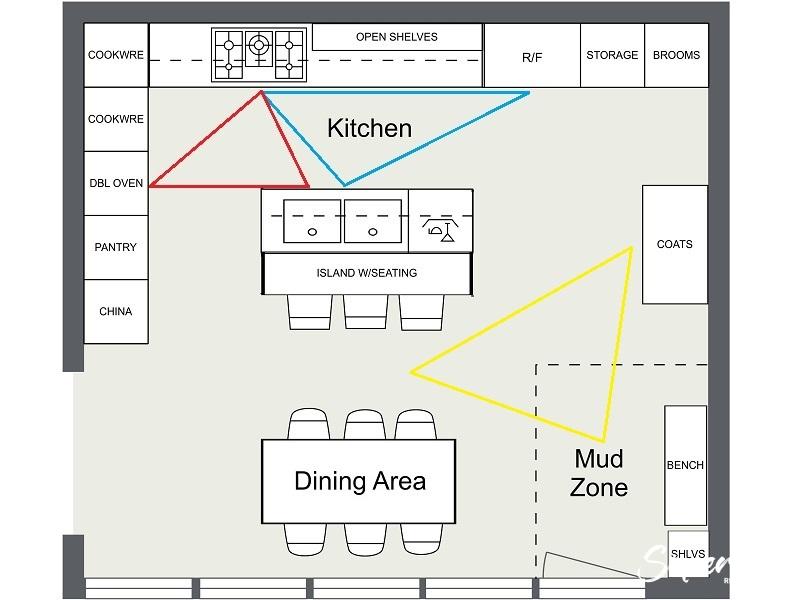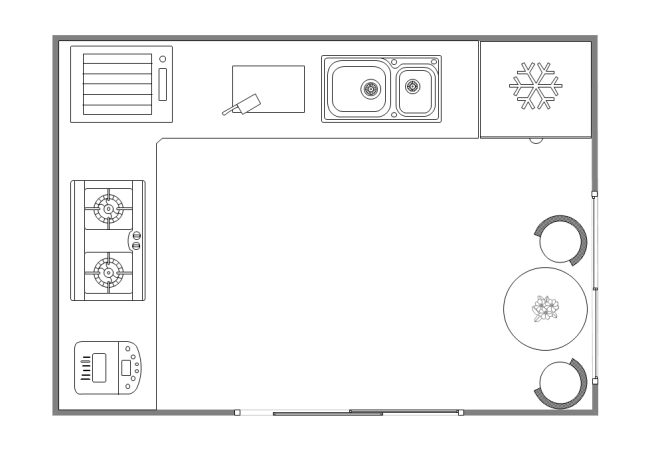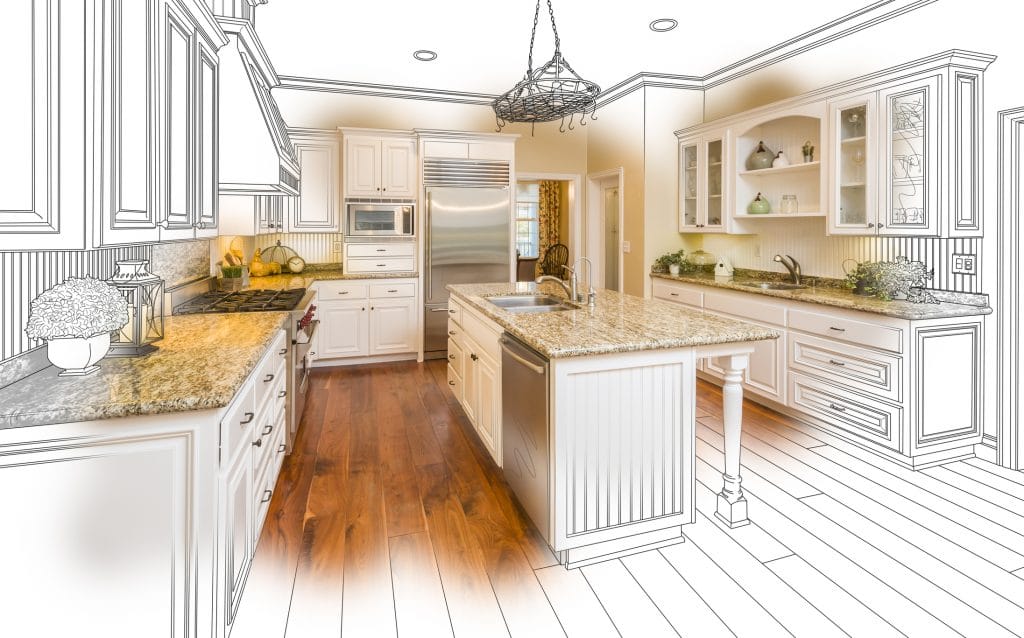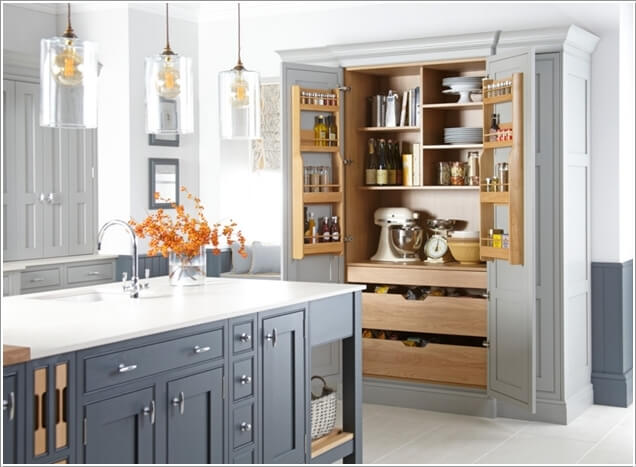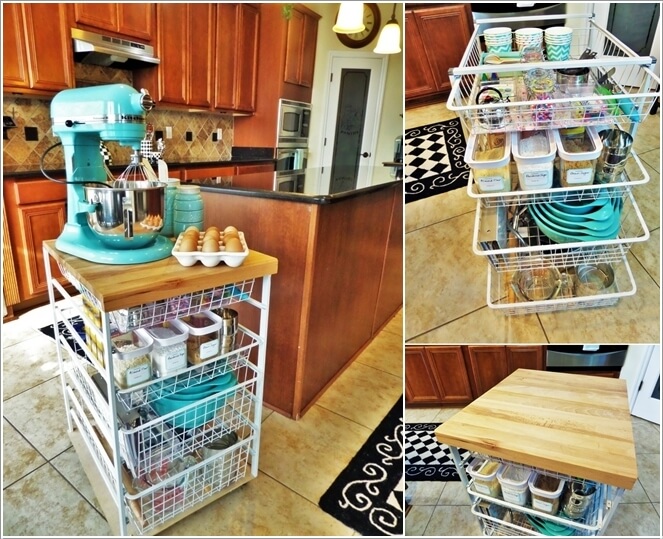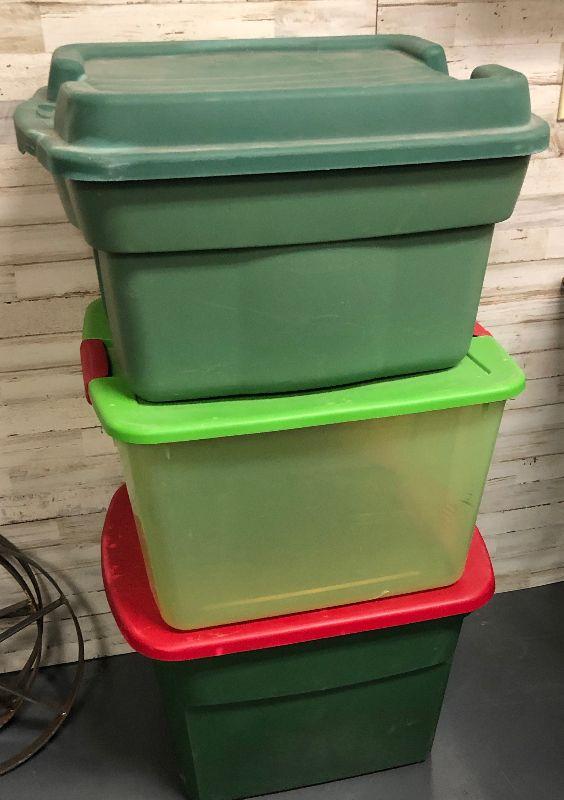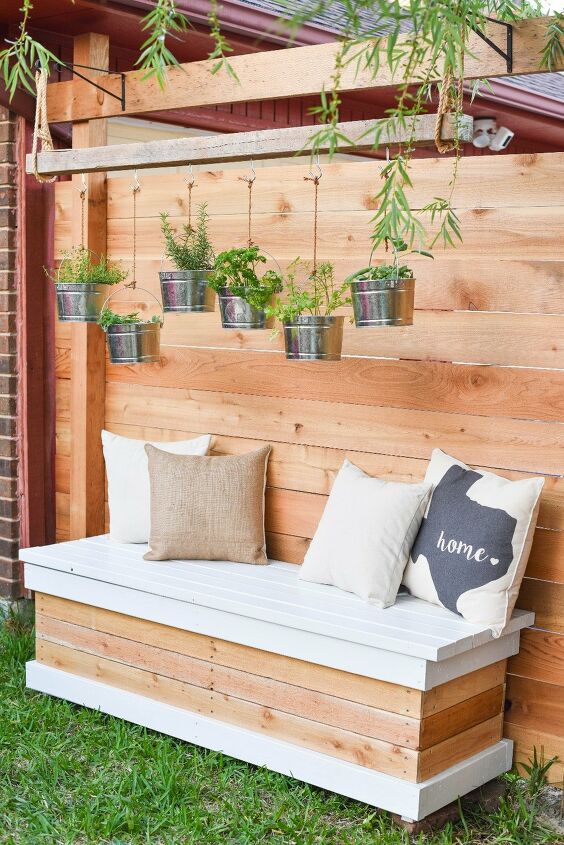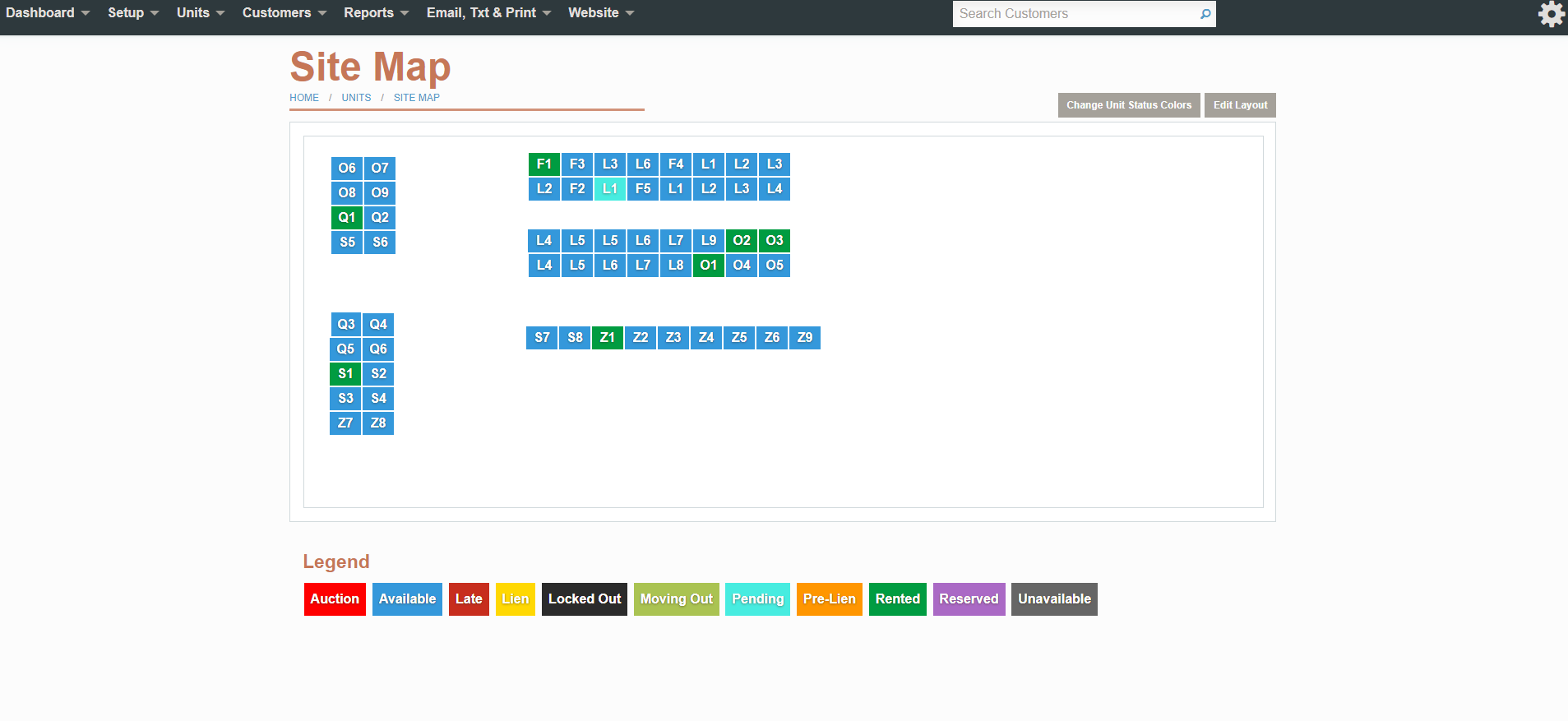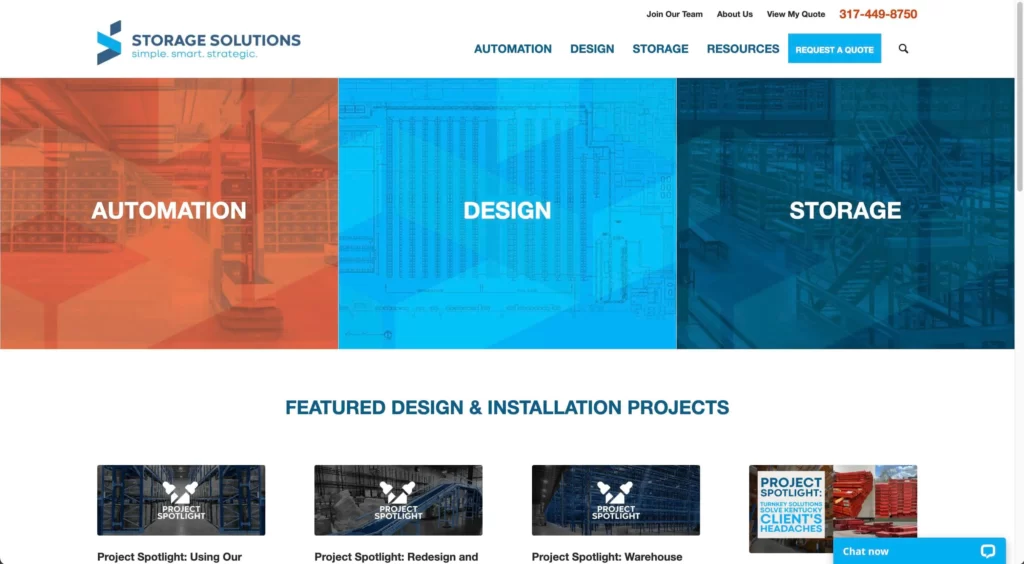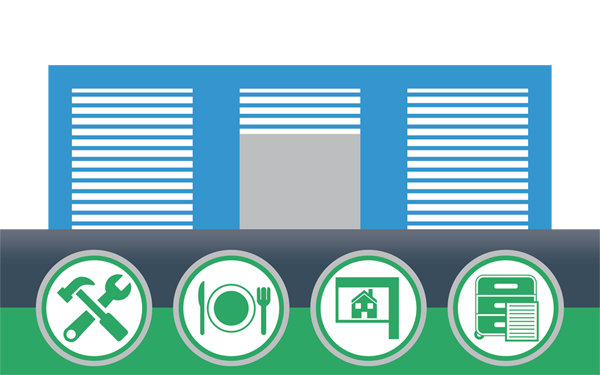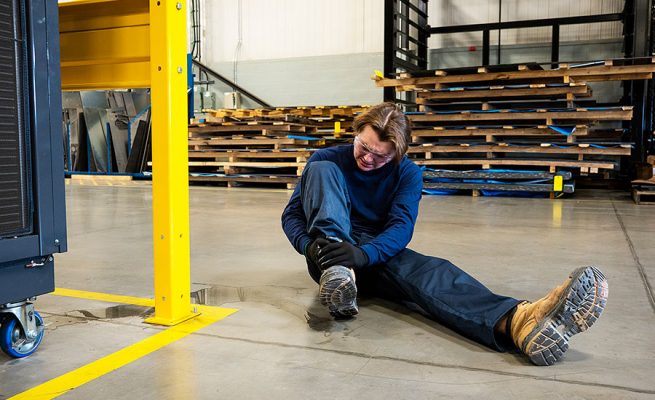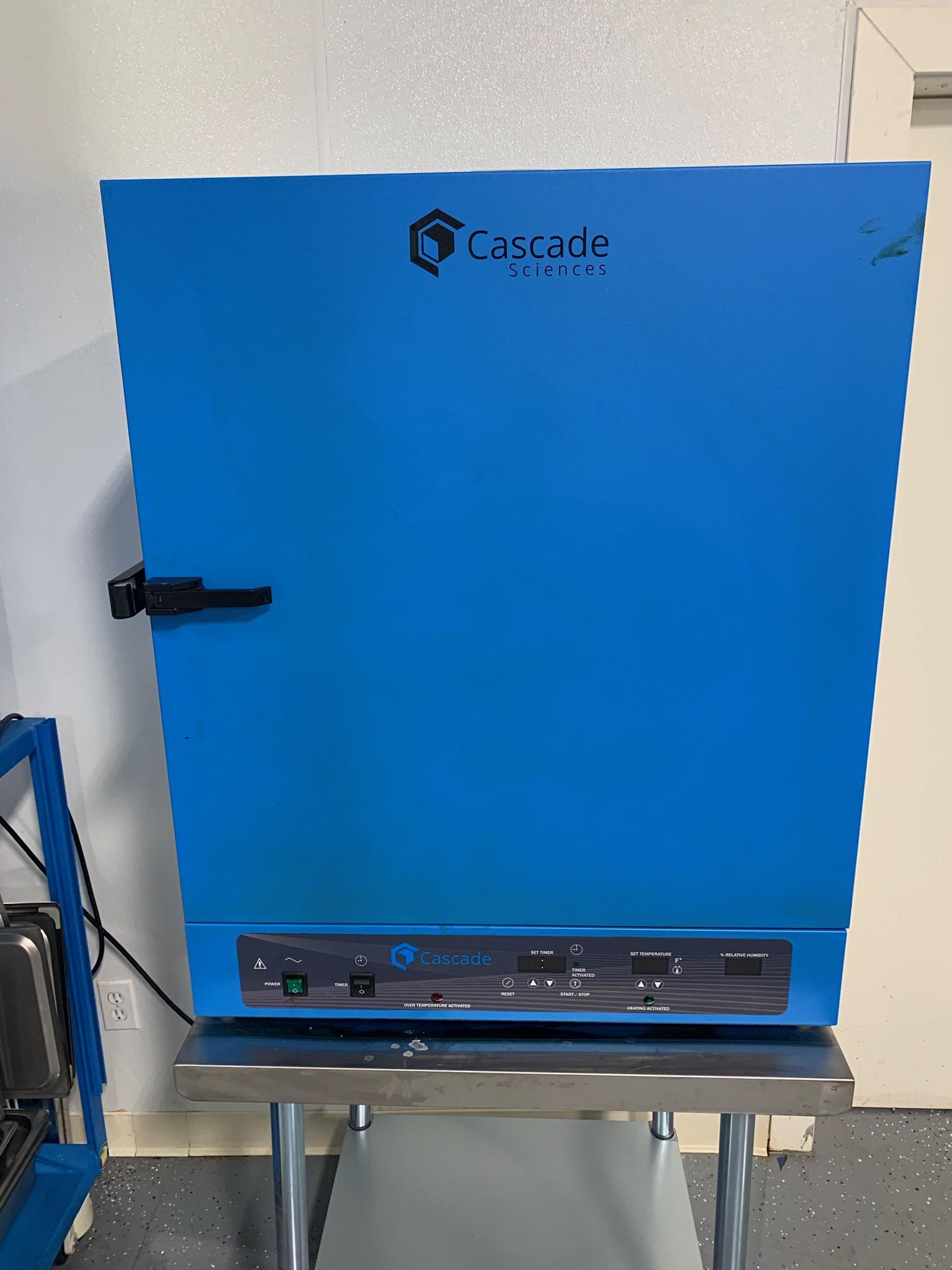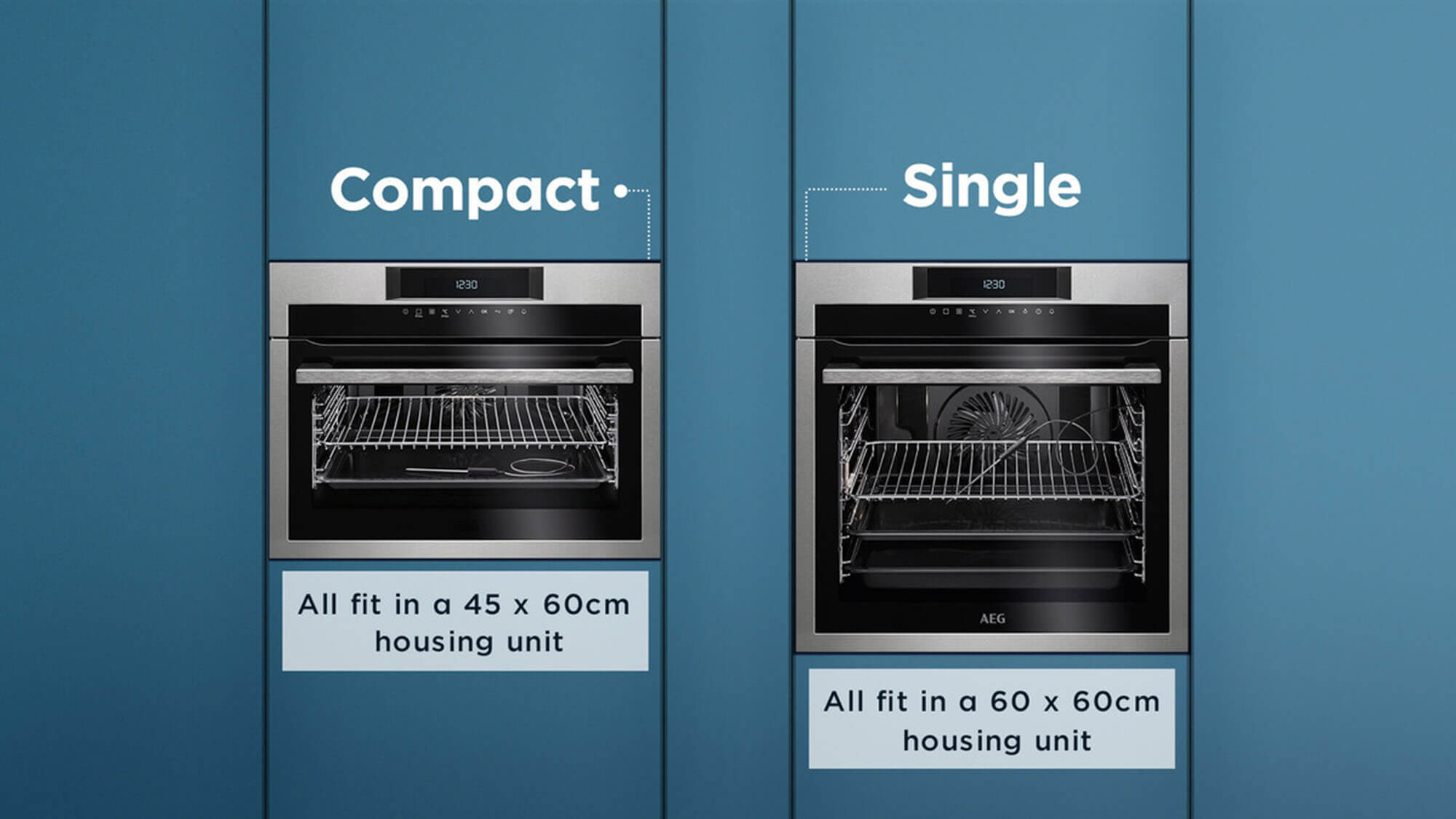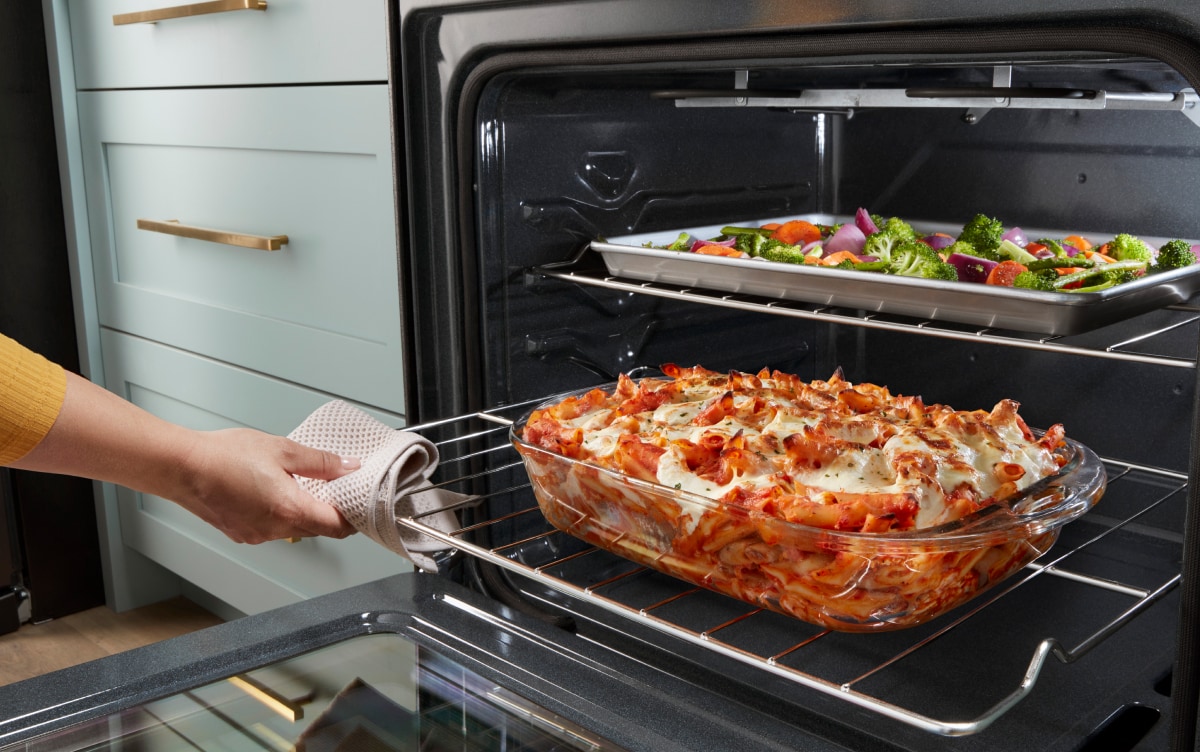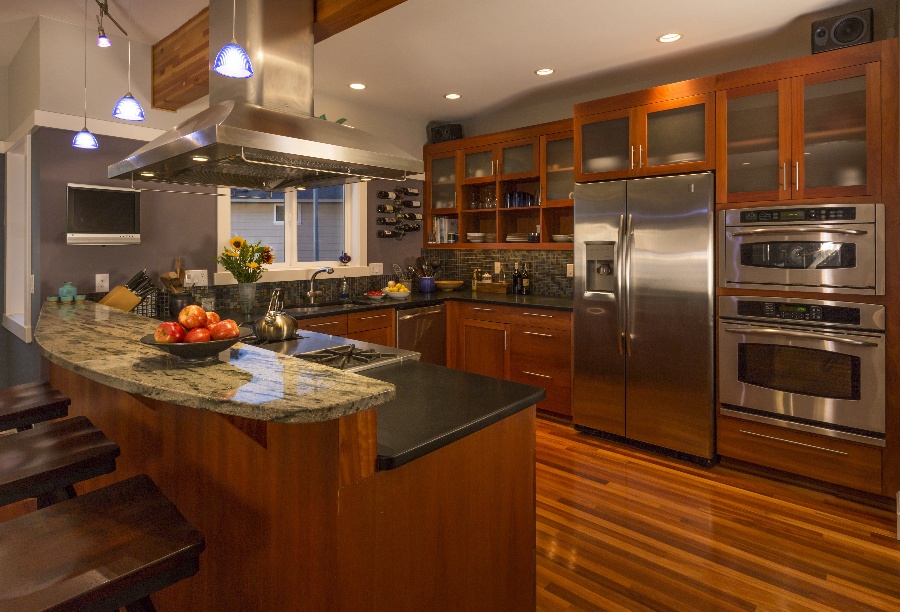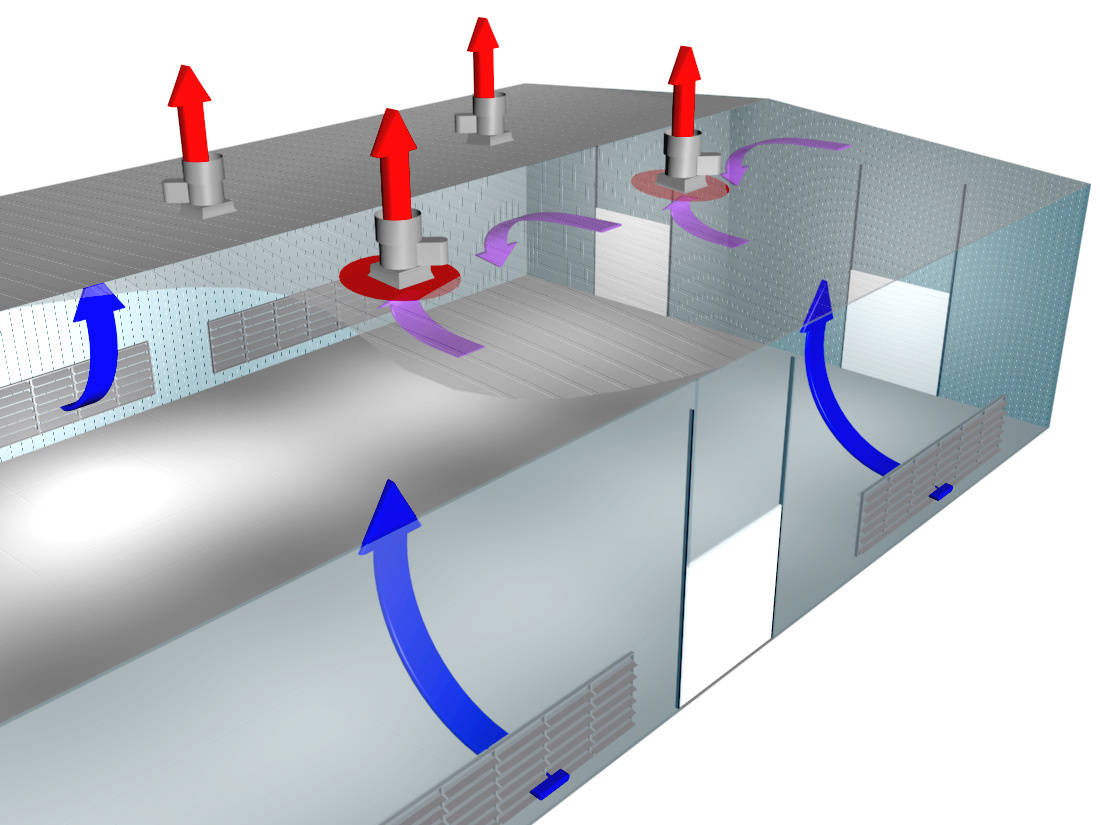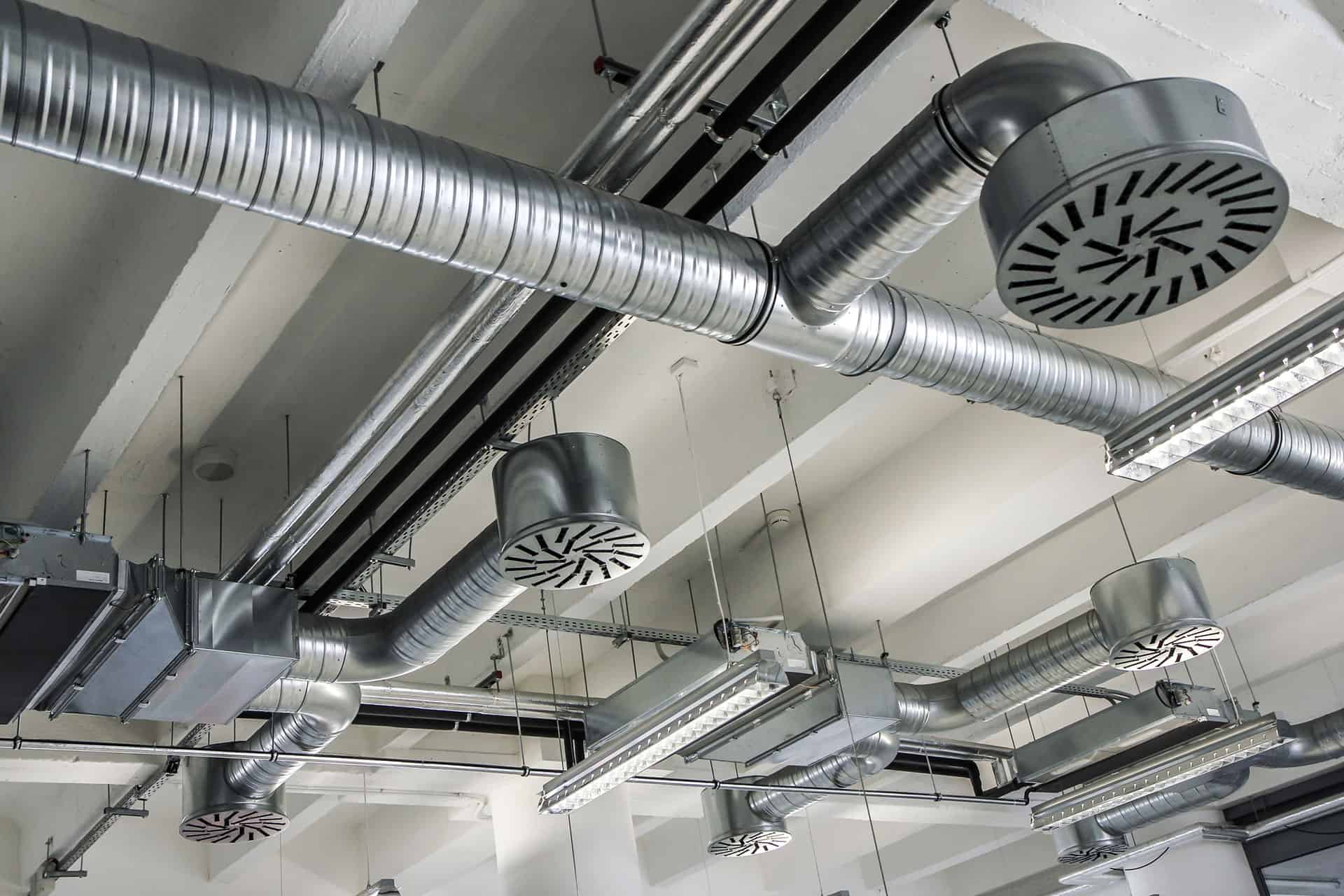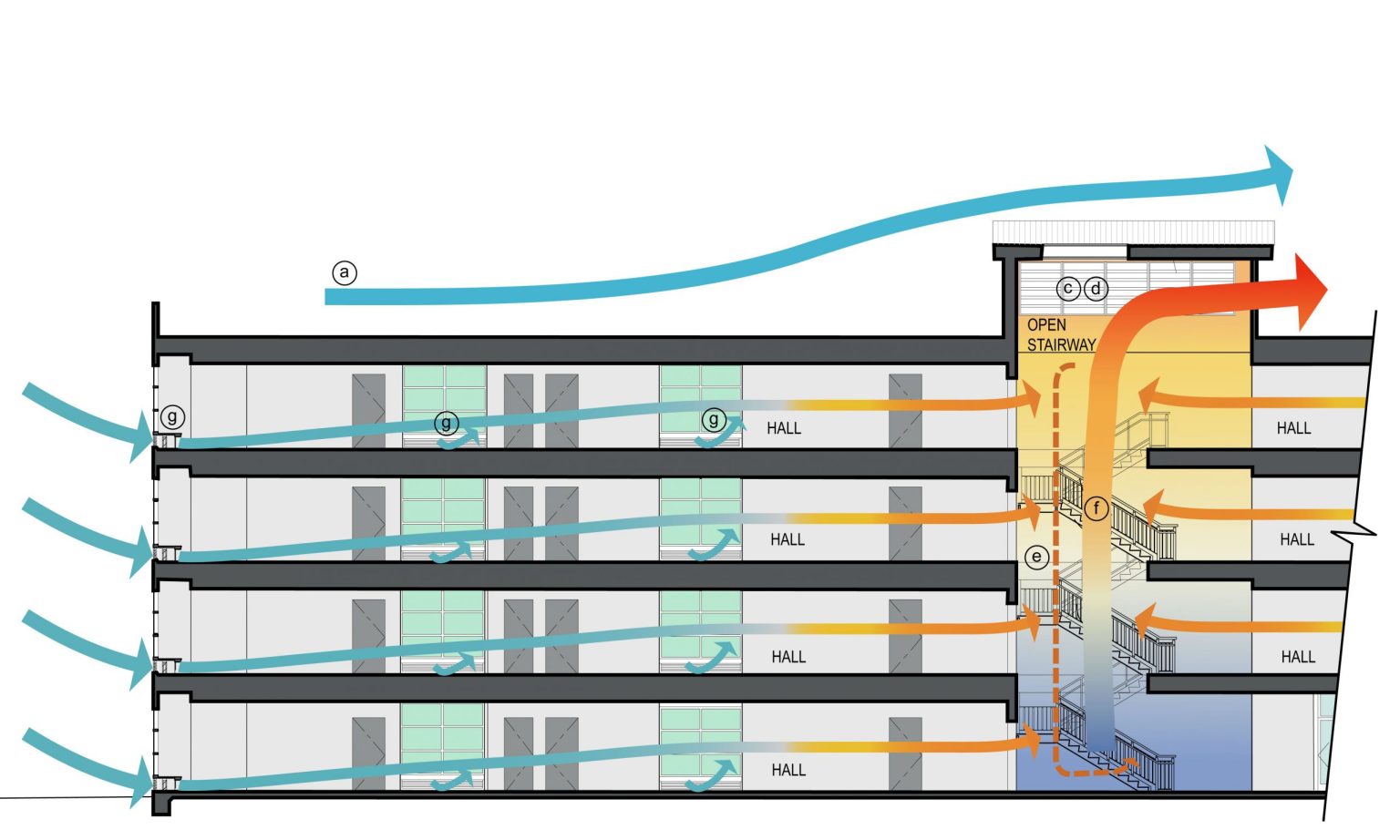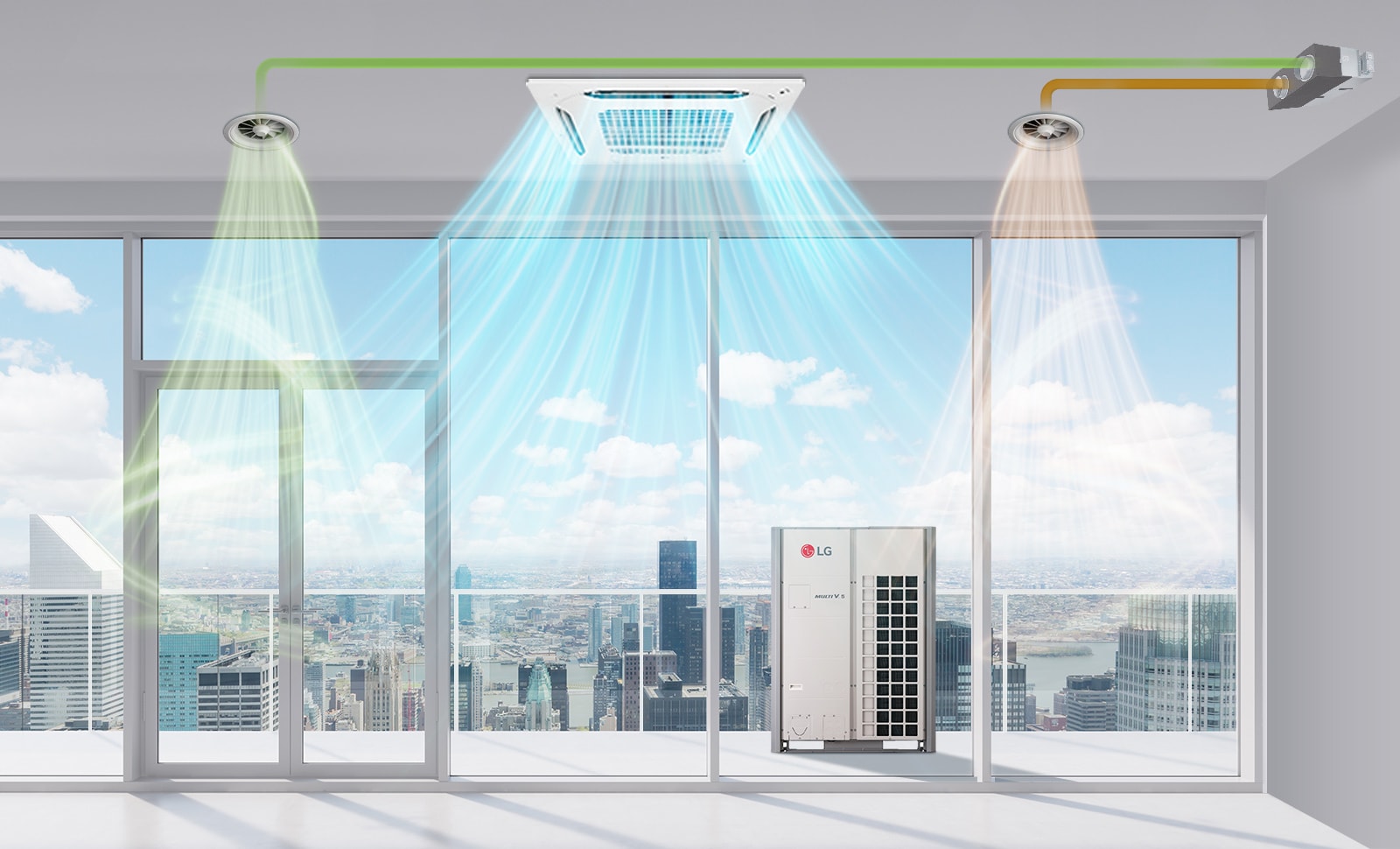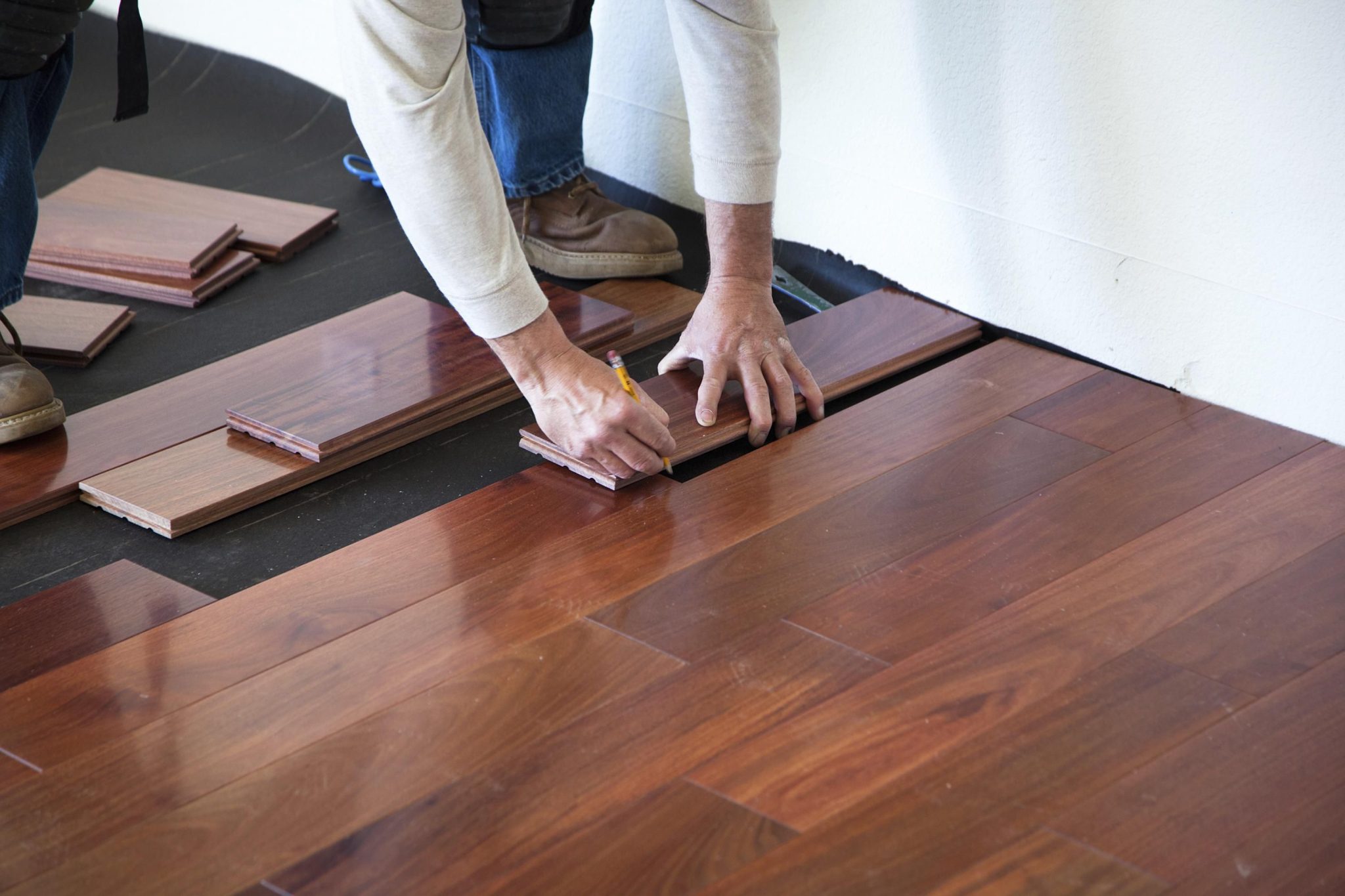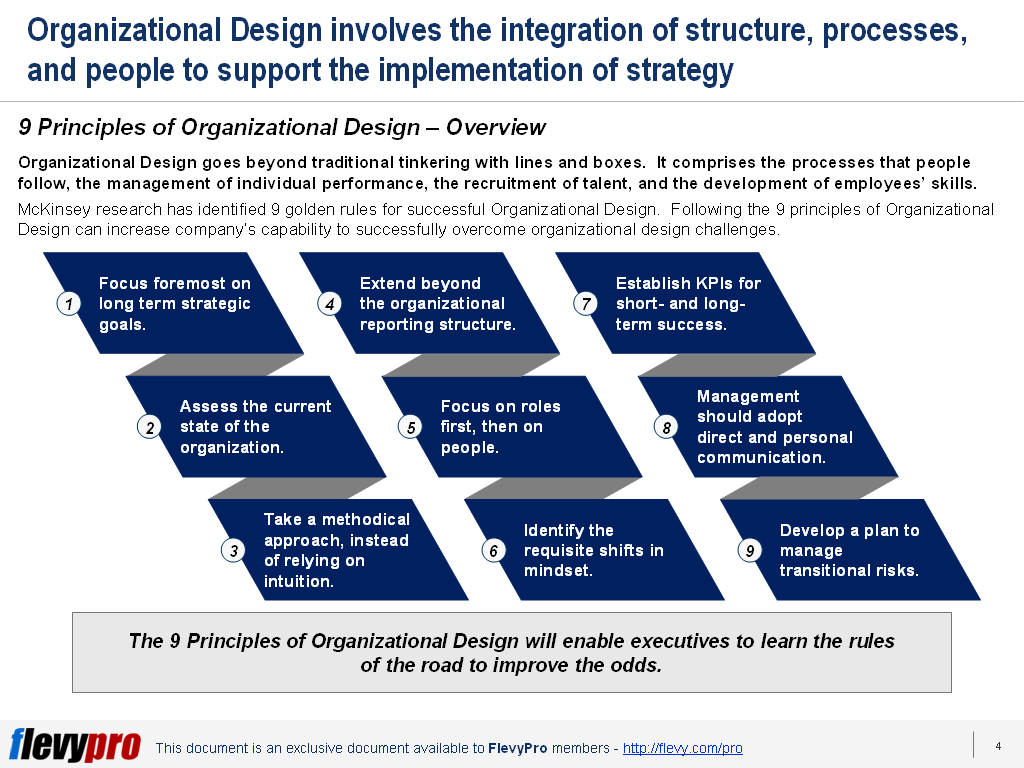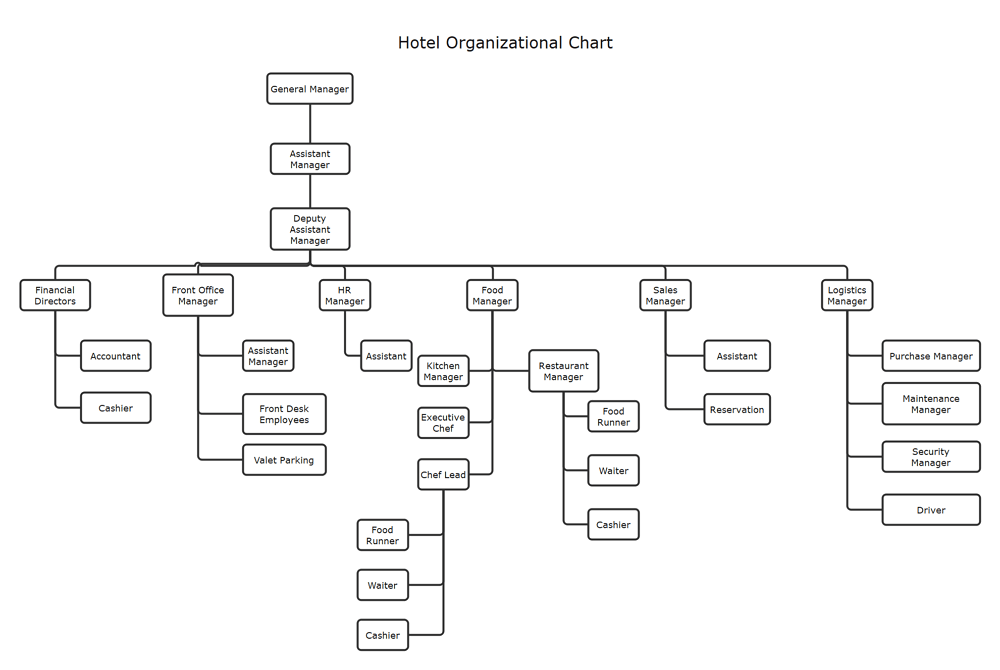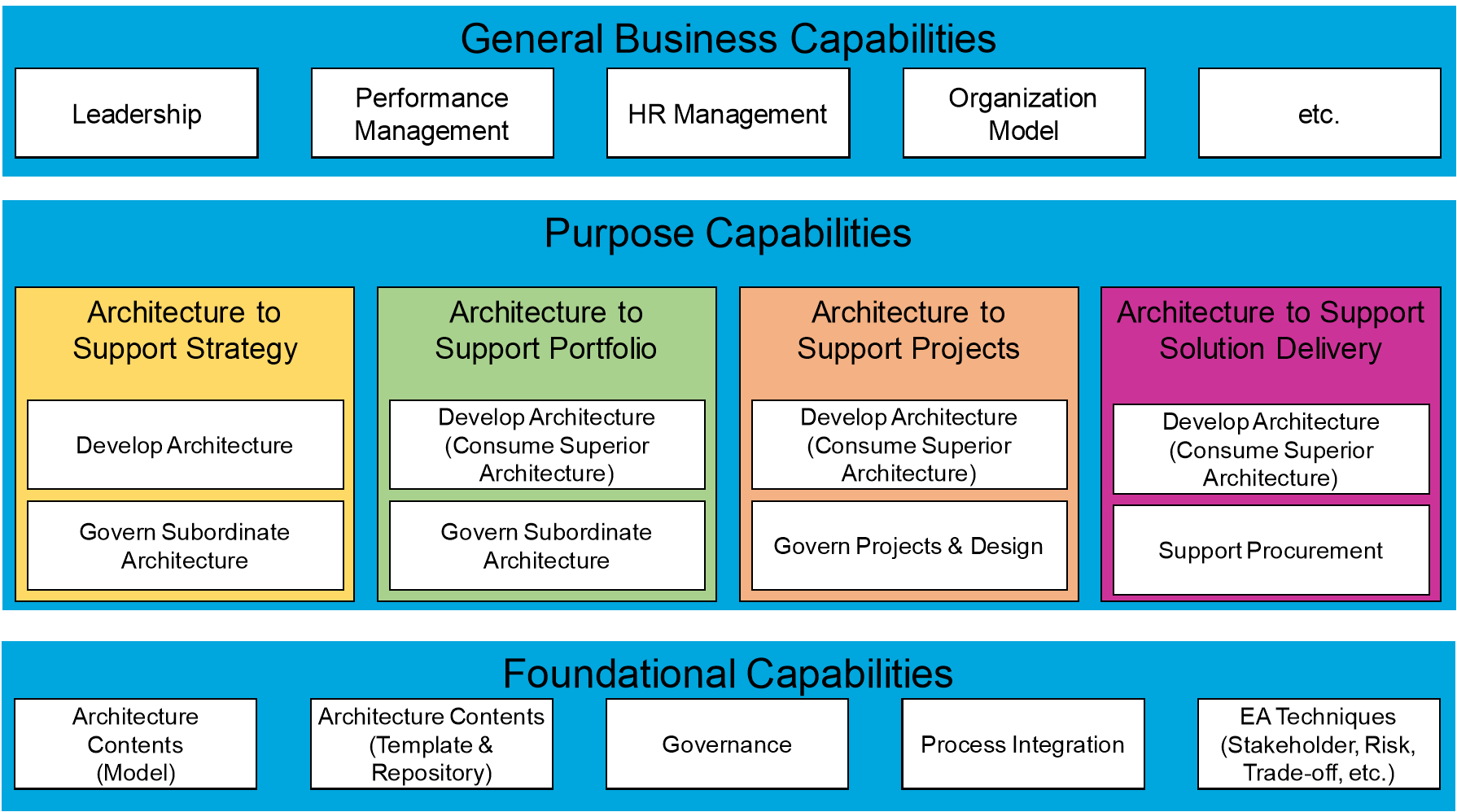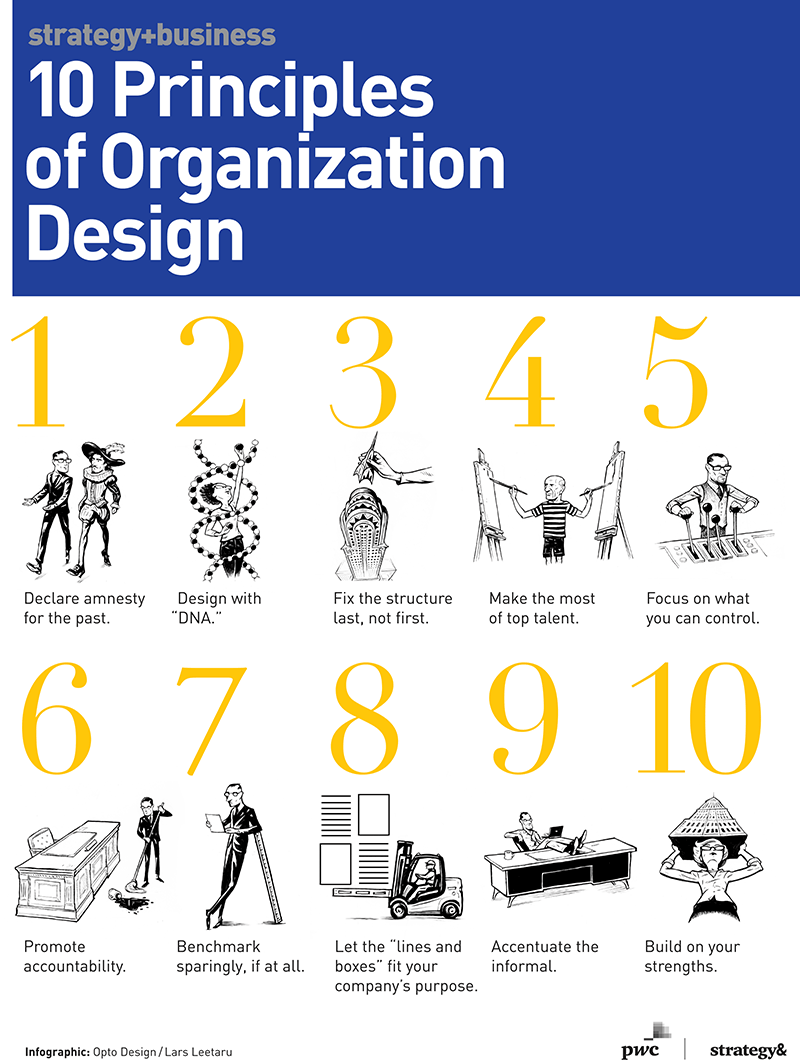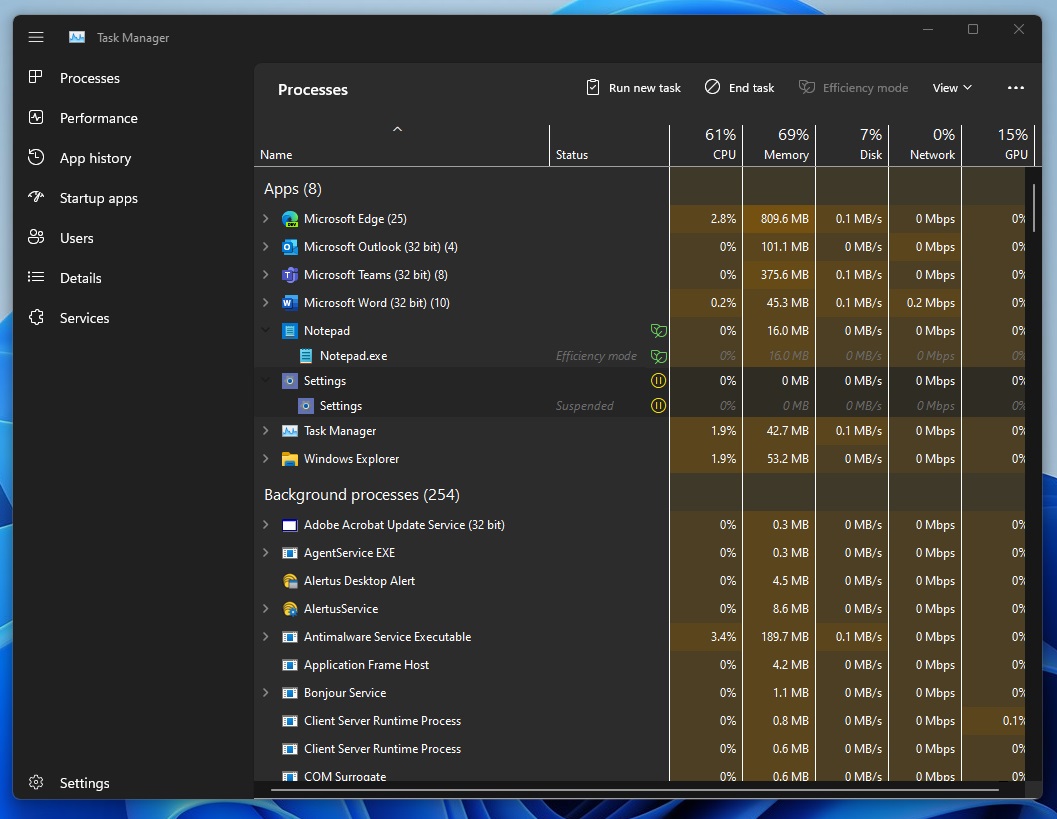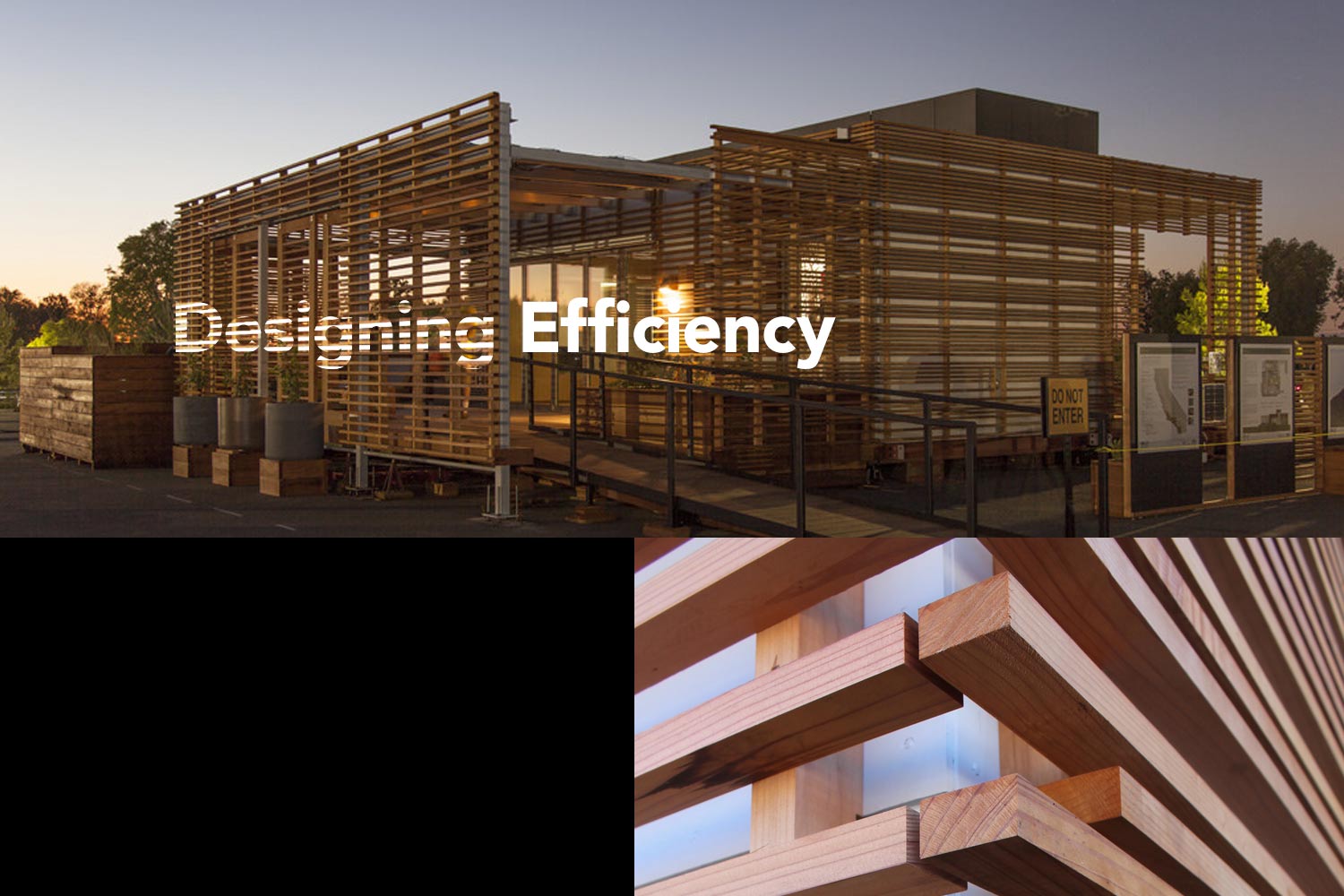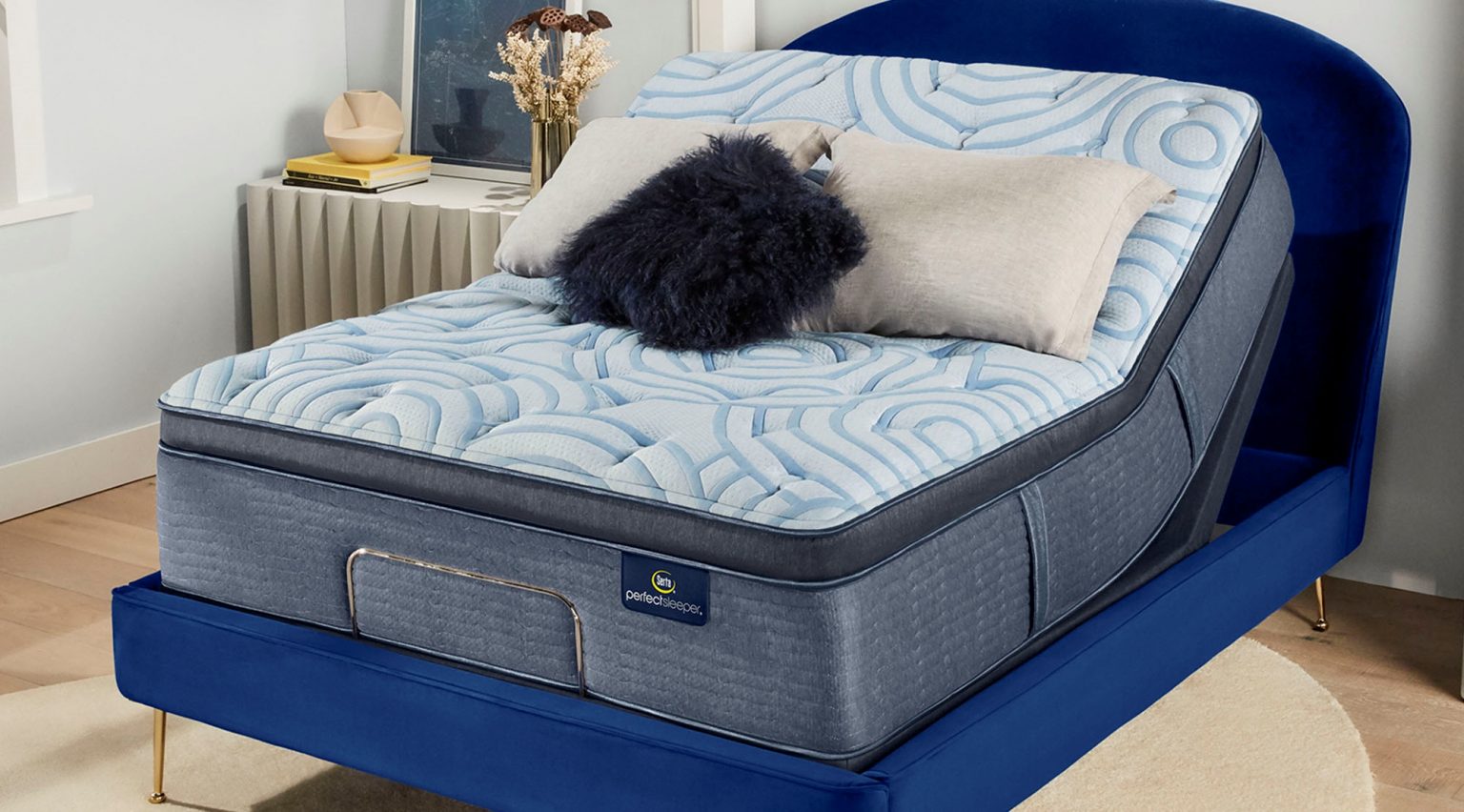One of the most important aspects of designing a baker's kitchen is the layout. The layout should be functional and efficient, allowing for easy movement between different work stations. Consider the work triangle, which consists of the sink, stove, and refrigerator, and make sure they are all easily accessible. A well-designed layout can make a huge difference in the overall workflow of a baker's kitchen.1. Kitchen Layout
Every baker needs a dedicated baking station, a place where they can mix, knead, and roll out dough. This station should be equipped with a sturdy work surface, such as a marble or granite countertop, to provide a smooth and cool surface for working with dough. Make sure to also include storage for baking essentials, such as measuring cups and spoons, mixing bowls, and baking trays.2. Baking Station
A baker's kitchen needs ample storage space for all their ingredients, tools, and equipment. Consider installing custom-built cabinets with adjustable shelves to accommodate different sized items. Utilize vertical space by installing shelves or racks to store baking trays, cutting boards, and other flat items. Keep frequently used items within reach and organize them in a way that makes sense to you.3. Storage Solutions
In addition to the baking station, a baker's kitchen should have plenty of work surfaces for other tasks, such as prepping ingredients and decorating finished products. Consider incorporating a large center island with a durable work surface, such as butcher block or quartz, to provide additional space for these tasks. This will also serve as a gathering place for family and friends while you bake.4. Work Surfaces
The placement of the oven is another important aspect to consider when designing a baker's kitchen. Ideally, the oven should be placed at a comfortable height, making it easy to access and monitor while baking. It should also be close to the baking station and other work surfaces for easy transfer of baked goods. Consider having multiple ovens to allow for multiple items to be baked at once.5. Oven Placement
Baking can create a lot of heat and steam, which can make the kitchen uncomfortable and cause moisture buildup. Proper ventilation is essential for a baker's kitchen to keep the air circulating and maintain a comfortable temperature. Consider installing a range hood above the stove to remove excess heat and steam, and make sure to have good ventilation throughout the kitchen.6. Ventilation
Good lighting is crucial in a baker's kitchen to ensure accurate measurements and to see the color and texture of baked goods. Natural light is best, so consider incorporating large windows or skylights in the design. In addition, have multiple light sources, including overhead lights and task lighting, to create a well-lit and inviting space to bake.7. Lighting
The right flooring can make a huge difference in a baker's kitchen. It needs to be durable, easy to clean, and provide a comfortable surface for standing for long periods of time. Consider tile, hardwood, or cork flooring for their durability and easy maintenance. You can also add a soft and cushioned mat in front of the baking station for added comfort.8. Flooring
Organization is key in a baker's kitchen, as it can greatly impact efficiency and productivity. Consider using labeled jars and containers to store ingredients and keeping them within reach. Utilize drawer dividers and utensil holders to keep tools and equipment organized. A well-organized kitchen will not only make baking more enjoyable, but it will also save time and reduce stress.9. Organization
Efficiency is essential in a baker's kitchen, as it can save time and energy while baking. Consider incorporating double sinks for multitasking, a pull-out pantry for easy access to ingredients, and a lazy Susan in corner cabinets to maximize storage space. You can also add a rolling cart for additional work surface and storage options. Designing for efficiency will make baking a more enjoyable and stress-free experience.10. Designing for Efficiency
The Importance of a Well-Designed Baker's Kitchen
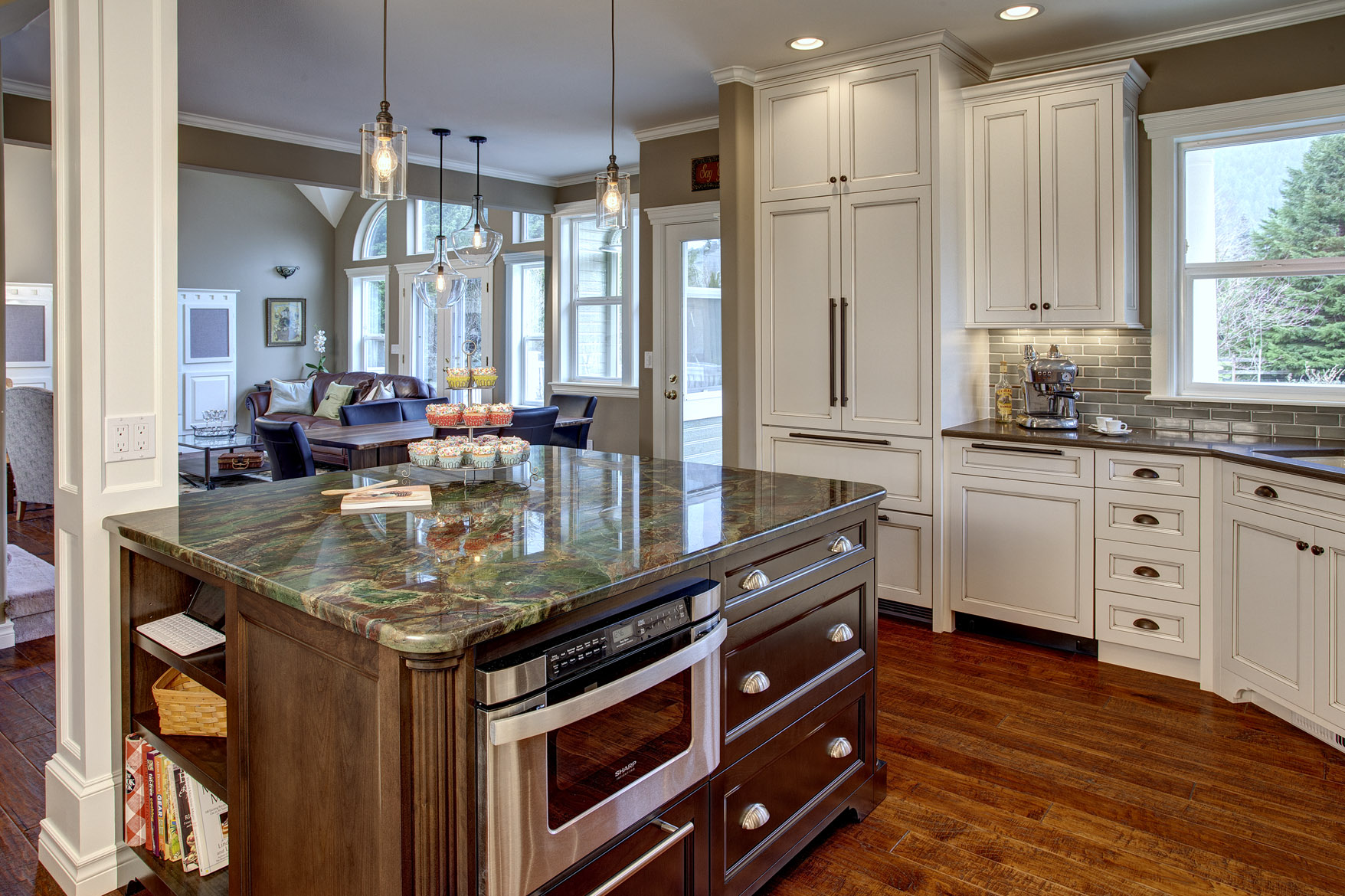
Creating a Functional and Aesthetically Pleasing Space
 A baker's kitchen is more than just a place to prepare and bake delicious treats. It is a space that requires careful planning and consideration to ensure it is both functional and aesthetically pleasing. Whether you are a professional baker or simply enjoy baking as a hobby, having a well-designed kitchen can make all the difference in your baking experience. In this article, we will dive into the key elements of designing a baker's kitchen and why it is essential to have a well-designed space for your baking needs.
Space and Layout
One of the most crucial aspects of a baker's kitchen is the layout and space. The layout should be designed in a way that allows for easy movement and accessibility to all necessary tools and ingredients. Consider the work triangle, which consists of the stove, sink, and refrigerator, and ensure they are in close proximity to each other. This will make it easier to move between tasks and save time and energy while baking.
Storage and Organization
Having enough storage and keeping your kitchen organized is crucial for any baker. The last thing you want is to spend precious time searching for ingredients or tools in a cluttered kitchen. Utilize vertical space with shelves and cabinets to store baking essentials such as flour, sugar, and baking pans. Consider installing a pegboard or hanging racks for easy access to frequently used tools.
Natural Light
Natural light not only adds to the overall ambiance of a kitchen but is also essential for accurate color perception when decorating baked goods. If possible, incorporate windows or skylights into your kitchen design to allow for natural light. If natural light is limited, invest in good quality artificial lighting to mimic natural light.
Work Surfaces
Having enough work surfaces is crucial for any baker. Consider adding a large island or additional countertops to your kitchen design to provide ample space for prepping dough and decorating baked goods. Make sure the surfaces are durable and easy to clean, as baking can be a messy process.
Specialized Equipment
A baker's kitchen is not complete without specialized equipment. Consider investing in a stand mixer, double oven, and a large commercial-grade refrigerator. These tools will make your baking experience more efficient and enjoyable.
In conclusion, a well-designed baker's kitchen is essential for any baking enthusiast. It not only makes the baking process more efficient but also adds to the overall aesthetic of your home. By considering the layout, storage, lighting, work surfaces, and specialized equipment, you can create a functional and aesthetically pleasing space that will enhance your baking experience. Happy baking!
A baker's kitchen is more than just a place to prepare and bake delicious treats. It is a space that requires careful planning and consideration to ensure it is both functional and aesthetically pleasing. Whether you are a professional baker or simply enjoy baking as a hobby, having a well-designed kitchen can make all the difference in your baking experience. In this article, we will dive into the key elements of designing a baker's kitchen and why it is essential to have a well-designed space for your baking needs.
Space and Layout
One of the most crucial aspects of a baker's kitchen is the layout and space. The layout should be designed in a way that allows for easy movement and accessibility to all necessary tools and ingredients. Consider the work triangle, which consists of the stove, sink, and refrigerator, and ensure they are in close proximity to each other. This will make it easier to move between tasks and save time and energy while baking.
Storage and Organization
Having enough storage and keeping your kitchen organized is crucial for any baker. The last thing you want is to spend precious time searching for ingredients or tools in a cluttered kitchen. Utilize vertical space with shelves and cabinets to store baking essentials such as flour, sugar, and baking pans. Consider installing a pegboard or hanging racks for easy access to frequently used tools.
Natural Light
Natural light not only adds to the overall ambiance of a kitchen but is also essential for accurate color perception when decorating baked goods. If possible, incorporate windows or skylights into your kitchen design to allow for natural light. If natural light is limited, invest in good quality artificial lighting to mimic natural light.
Work Surfaces
Having enough work surfaces is crucial for any baker. Consider adding a large island or additional countertops to your kitchen design to provide ample space for prepping dough and decorating baked goods. Make sure the surfaces are durable and easy to clean, as baking can be a messy process.
Specialized Equipment
A baker's kitchen is not complete without specialized equipment. Consider investing in a stand mixer, double oven, and a large commercial-grade refrigerator. These tools will make your baking experience more efficient and enjoyable.
In conclusion, a well-designed baker's kitchen is essential for any baking enthusiast. It not only makes the baking process more efficient but also adds to the overall aesthetic of your home. By considering the layout, storage, lighting, work surfaces, and specialized equipment, you can create a functional and aesthetically pleasing space that will enhance your baking experience. Happy baking!



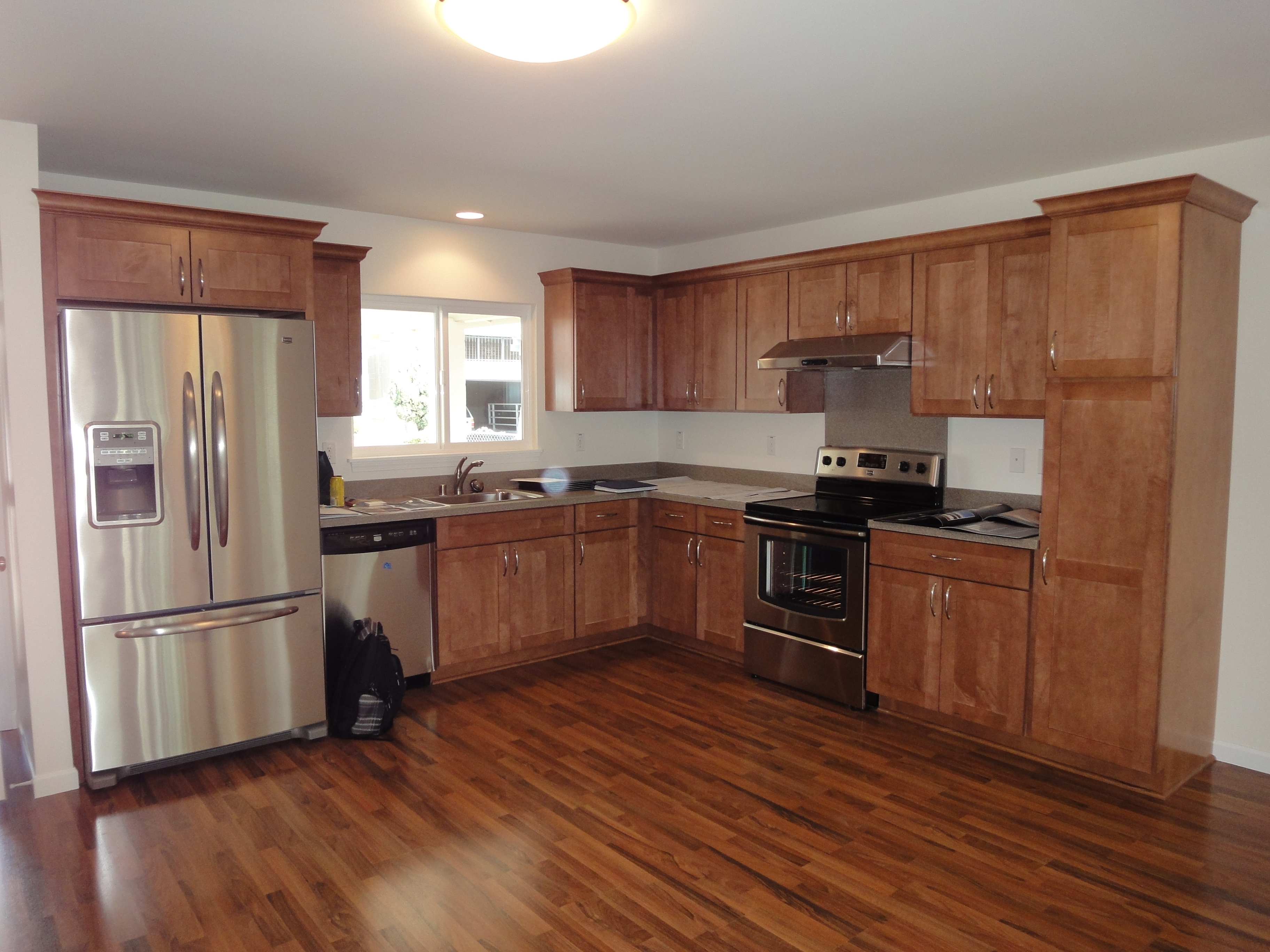
/One-Wall-Kitchen-Layout-126159482-58a47cae3df78c4758772bbc.jpg)

